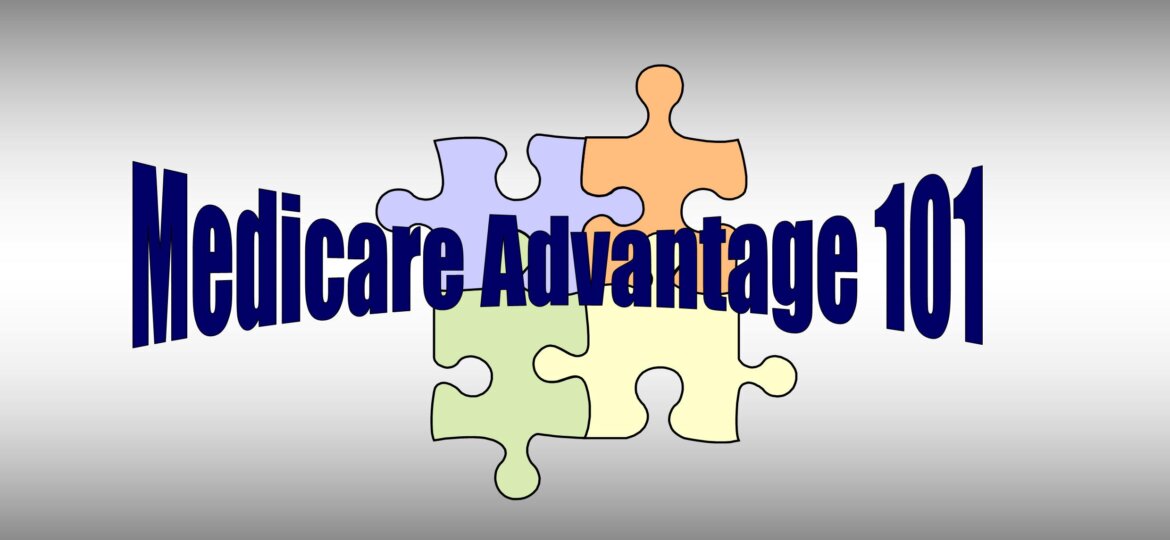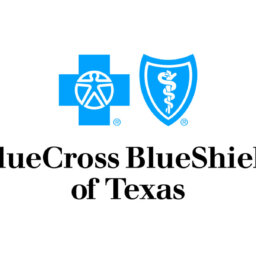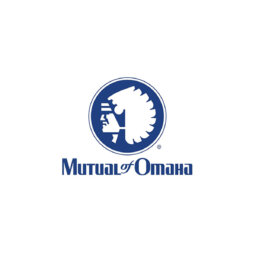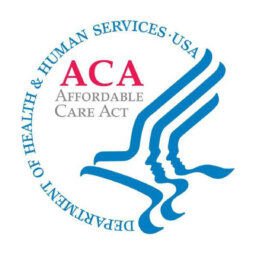
Your guide to understanding Medicare Advantage
Updated: March 30, 2020
When the time comes to purchase new Medicare coverage, or when renewal arrives, and you review coverage to ensure you’re still getting the most value for the money, IHS Insurance Group wants you to make the most informed decision possible.
As a result, we’ve answered some of the most common questions below we receive from clients about Medicare Advantage plans.
Let’s start with the basics.
Q: What is a Medicare Advantage Plan?
A: Medicare is an insurance program provided by the federal government that contains two main parts: Part A, or hospital coverage, and Part B, aka Medigap supplemental coverage.
Comparatively, Medicare Advantage plans, also commonly referred to as Part C plans, are offered by private insurance carriers and combine the coverage found under Parts A and B of Original Medicare.
Q: What Coverage Does a Medicare Advantage Plan Provide?
A: The specific coverage provided by your Advantage plan depends on the carrier and level of insurance you choose.
With this said, although the federal government requires that Advantage plans provide all of the same coverage available under traditional Medicare, they also frequently offer additional benefits such as vision, dental, or fitness coverage.
IHS Pro Tip: If you buy a Medicare Advantage Plan, you cannot also purchase a Part D plan to help provide coverage for prescription costs.
Q: What’s the Difference Between a Medigap Supplement & a Medicare Advantage Plan?
A: Because traditional, government-sponsored Medicare only pays 80 percent of Part A costs, third-party insurance companies offer supplemental plans that provide secondary coverage for the 20% deficit. These plans are commonly also referred to as Part B, or Medigap plans since they cover this “gap” not covered by Medicare.
Related: What is Medicare Supplement (Medigap) Insurance?
In short, Medigap policies are intended to enhance coverage provided under traditional Medicare Part A. Comparatively, Advantage plans replace traditional Medicare altogether with an insurance policy from a third-party company.
Consequently, you cannot have a Medicare Advantage and a Medicare Supplement plan in effect at the same time.
IHS Pro Tip: Although Medicare Advantage Plans cost far less than Medicare Supplement plans, Advantage Plans may not cover many medical situations—especially if you live in a rural area where providers are few and far between, potentially resulting in higher out-of-pocket costs. Also, plan availability varies by location, often according to zip code or county.
Related: 3 Steps For Choosing Your 2020 Medigap Plan
Q: Who Provides Care Under a Medicare Advantage Plan?
A: Like any other type of health insurance, care under a Medicare Advantage plan is delivered via teams of doctors, physicians, specialists, healthcare providers, and hospitals.
Medicare Advantage Plans typically deliver this care via one of the following organizations: A Health Maintenance Organization (HMO), a Preferred Provider Organization (PPO), or a Private Fee-for-Service (PFFS). And each of these organizations is comprised of different teams of doctors, physicians, specialists, healthcare providers, and hospitals.
Below, the IHS Insurance Group team has pulled together some key differences about what this means for you:
| Medicare Advantage: HMO vs. PPO vs. PFFS | |||
| Health Maintenance Organization (HMO) Plan | Private Fee-for-Service (PFFS) Plan | Preferred Provider Organization (PPO) Plan | |
| Prescription Coverage Included? | Most of the time | Not always | Usually |
| Is In-Network Care Covered? | Usually requires that you use in-network doctors, healthcare providers, and hospitals. You must designate a primary care physician (PCP) | In most cases, you can visit any doctor, health care provider, specialist, or hospital within the network | You can visit any doctor, health care provider, specialist, or hospital within the network |
| Is Out of Network Care Covered? | Often, 100% of services obtained out of network will be the policyholder’s responsibility | All PFFS plans cover out-of-network services, although you will likely pay higher rates than for in-network services | Services obtained out of the network are typically covered (at least partially) |
| Specialist Referrals or Prior Authorization? | In most cases, a referral/prior authorization is required | No referrals or prior authorization required | In most cases, these are not required |
| Copy or Coinsurance? | Most services will require a copay and coinsurance | Certain services will require a copay and coinsurance | Most services will require a copay and coinsurance |
Q: How Much Do Medicare Advantage Plans Cost?
A: Like any other form of health insurance, what you pay for a Medicare Advantage plan depends on the carrier you choose, as well as the specific plan you select. Other factors that can potentially have an impact on your premium include your age, the state in which you live, your current health status, and more.
Related: 8 Questions to Help You Choose Your Best Medicare Plan
Where Can You Turn to Learn More About Medicare Advantage Basics?
The professional Medicare team at IHS Insurance Group has more than a decade of experience helping clients like you select the best Advantage plans for their needs. We’re here to help you maximize coverage, stay within your budget, and minimize your headaches!
Need a FREE Quote or have questions regarding Medicare Coverage? We have three convenient ways to reach us:
- If you prefer to talk to a licensed agent directly, please call (866) 480 5063.
- If you prefer to fill out a quick form and have an agent get back with you at your convenience, use the GET A FREE QUOTE.
- Lastly, for those that want an immediate quote, please click HERE.
Also, check out our Medicare FAQ’s here.















